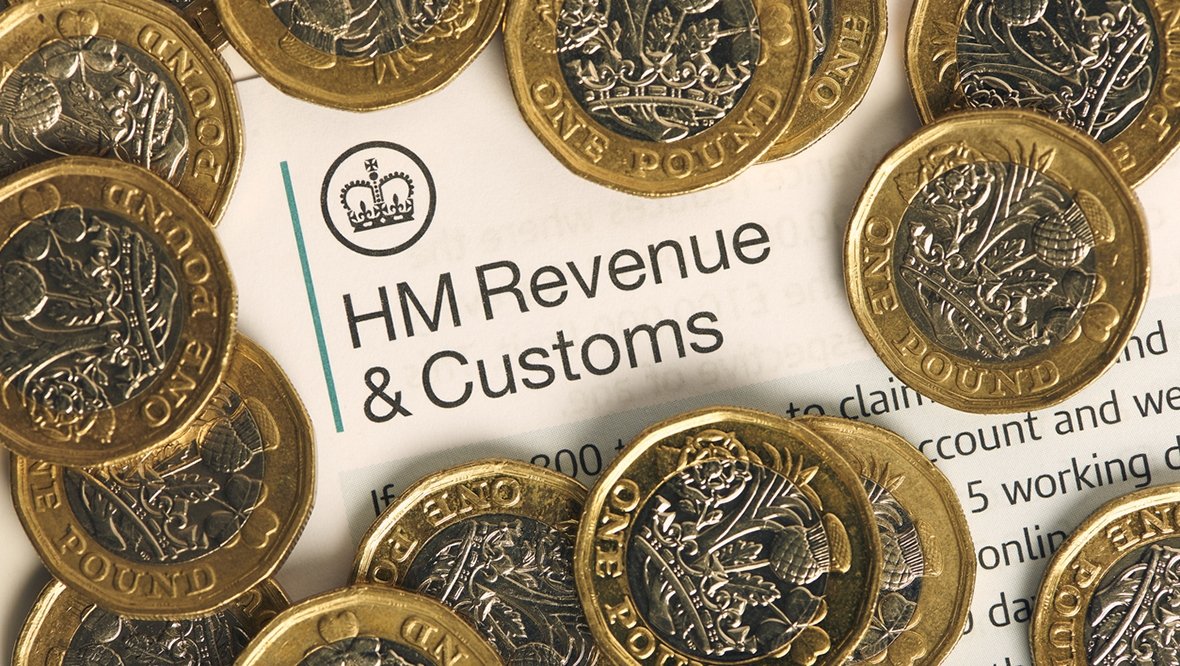 Navigating the UK tax system can seem overwhelming, but with a clear understanding, you can manage your finances more effectively and avoid unnecessary stress. Let’s break it down into simple, practical steps tailored for Nigerians living in the UK!
Navigating the UK tax system can seem overwhelming, but with a clear understanding, you can manage your finances more effectively and avoid unnecessary stress. Let’s break it down into simple, practical steps tailored for Nigerians living in the UK!
1. What Are UK Taxes, and Why Do You Pay Them?
In the UK, taxes fund essential public services like healthcare, education, and infrastructure. As a resident or worker, you’ll pay taxes on:
- Your income (e.g., salary, wages, or profits from self-employment).
- Purchases (through VAT on goods and services).
- Property ownership (if applicable).
2. Key Terms You Should Know
- Personal Allowance: In 2025, you can earn up to £12,570 tax-free. Earnings above this are taxed based on your income bracket.
- PAYE (Pay As You Earn): For employees, taxes are automatically deducted from your salary by your employer.
- Self-Assessment: If you’re self-employed or earn income outside PAYE, you’ll file a tax return to declare your earnings.
3. How Much Tax Will You Pay in 2025?
Income tax rates in the UK for the 2025/26 financial year are:
- Basic Rate (20%): On earnings between £12,571 and £50,270.
- Higher Rate (40%): On earnings between £50,271 and £125,140.
- Additional Rate (45%): On earnings above £125,140.
Pro Tip: Check your tax code on your payslip to ensure you’re being taxed correctly!
4. Understanding National Insurance (NI)
NI contributions fund benefits like state pensions, maternity pay, and unemployment support. Here’s how it works:
- If you earn above £242 per week (£1,048 per month), you’ll pay NI.
- Rates for 2025:
- Class 1 (employees): 12% on earnings between £242 and £967 per week, then 2% above this.
- Class 4 (self-employed): 9% on profits between £12,570 and £50,270, then 2% above this.
5. Tax Relief and Benefits You Should Know
- Tax Relief for Married Couples: Transfer up to 10% of your personal allowance to your spouse if they earn less than you.
- Child Benefits: Available if you’re raising children under 16 (or under 20 if in education).
- Self-Employed Deductions: Claim expenses like travel, office supplies, and training to reduce your taxable income.
6. Filing Your Taxes Made Easy
- For Employees: Check your tax summary via HMRC online. Most of the work is done through PAYE.
- For the Self-Employed: Submit your self-assessment tax return by January 31, 2026, for the 2024/25 tax year. Keep records of income and expenses throughout the year.
7. Common Questions Nigerians in the UK Ask
Q: How do I avoid overpaying taxes?
Regularly check your tax code and update HMRC if your circumstances change (e.g., a new job or additional income).
Q: Can I claim back overpaid taxes?
Yes! Use HMRC’s online portal or speak to your employer if you’ve overpaid through PAYE.
Q: What happens if I send money home to Nigeria?
There’s no UK tax on money sent abroad unless it’s part of untaxed income.
8. Need Help?
- Contact HMRC for guidance via their helpline.
- Use the TaxAid charity if you’re struggling to understand your obligations.
- Join our Naija UK Connect community for tips and experiences from fellow Nigerians!
Stay Smart with Your Money!
Understanding UK taxes and National Insurance can save you money and help you avoid costly mistakes. Follow Naija UK Connect for regular updates and advice on managing your finances while thriving in the UK.
#NaijaUKConnect #UKTaxes2025 #FinancialSuccess



